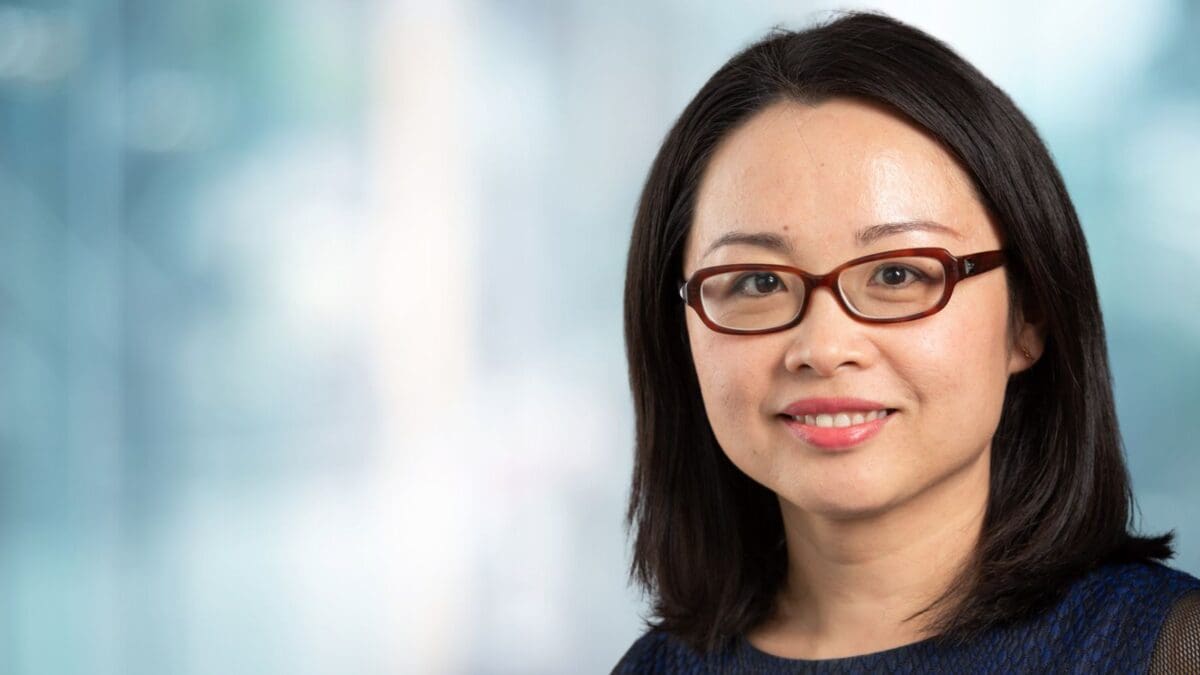Governments to tinker more as politics stirs global pension pots: Thinking Ahead Institute
In its latest survey of the world’s biggest pension funds, TAI – a research subsidiary of WTW – says growth in the retirement savings sector has triggered government action.
“The principal influence of governments has been through regulation which has grown as would be expected given the larger size of the asset pools and greater importance of pensions in society,” the TAI 2024 ‘Global pension assets’ survey says.
However, the report says politics is also set to hold more sway over pension scheme investment decisions, particularly in directing funds to green or domestic ‘high growth’ companies.
“Government influence on pension schemes is at high level as governments are looking to pension funds to play a role in funding both the greening and the new growth in domestic economies,” the TAI study says.
“… Governments have also had considerable influence on pension funds through the advancement of net zero policies in the financial sector. While pensions investment decisions are ultimately governed by trustee boards, the adoption of net zero commitments has reflected government policies and encouragement. Other examples include other national interest projects including energy transition finance and social housing.”
As examples, the report cites the UK “Mansion House” reforms – aimed at encouraging pension funds to invest in local start-ups and the like – as well Australia’s ‘Your Future, Your Super’ (YFYS) regime.
Introduced in 2021, the YFYS rules impose an annual investment performance test on most superannuation funds with consistent under-performers pressured to either close or merge.
But the leaking of politics into pension funds is a global phenomenon, including in New Zealand, where the current government is considering reforms to encourage KiwiSaver schemes to invest in private domestic assets.
A shift gone too far?
The TAI report also flags ‘macro uncertainty and systemic risk’ along with technology (especially artificial intelligence) as challenges for the sector, and that the decades-long transition from defined benefit to defined contribution (DC) pension fund styles appears to be slowing.
“… there is a growing sentiment that this shift may be going too far, with concerns about the adequacy of retirement income and the loss of financial security among retirees,” the TAI survey says. “The trajectory favouring the DC design is no longer the force it was exemplified by developments in various countries.”
Last year the 22 pension fund jurisdictions covered in the TAI study staged an investment recovery following the 2022 slump with total assets under management rising 11 per cent to reach almost US$55.7 trillion.
Jessica Gao, TAI director, said in a release: “This global growth is not yet rapid, and pension assets remain behind their pre-2022 position, but it is far better than the experience a year before. Inflation has moderated, and as a result financial markets have remained supported by interest rates which appear also to have peaked, at least for now, in most countries.”
The US is by far the largest pension fund market, holding almost two-thirds of all assets covered by the survey, followed by Japan (6.1 per cent) and the UK (5.8 per cent).
With US$43 billion in pension fund assets, Spain ranks at the bottom of the TAI table. NZ, not covered in the TAI survey, has more than US$64 billion in KiwiSaver assets alone with other superannuation and defined benefit schemes likely to add a further US$20 billion or so to the total.
Over the last 20 years, pension fund growth has closely tracked the returns of a 60/40 mix of shares and bonds, the report says, despite a significant shift to alternative asset holdings of actual portfolios in many jurisdictions.
In fact, investment returns have fuelled the majority of the pension fund sector growth during the previous two decades.
“Most calculations suggest… (the impact of net flows) has been quite small relative to the size of assets and market growth,” the TAI report says.











